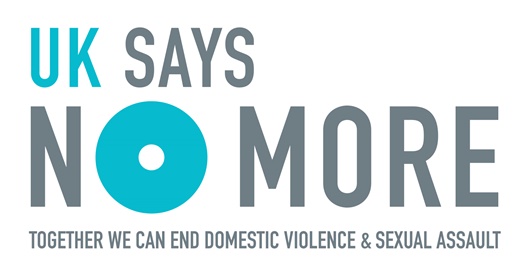MIND IN KINGSTON PRIVACY POLICY FOR INTERNET
At Mind in Kingston, we are committed to maintaining the trust and confidence of our visitors to our website and social media pages. We use our website and social media to inform you of our services and projects, to promote any events and activities we are involved in and to update you on what we do, as well as let you know about other things that are going on locally, regionally and nationally in mental health.
We don’t sell our data to other companies.
This privacy policy will tell you more about what information we collect, what we do with it, how we store it, how we keep it secure and when we may disclose it to others.
WEBSITE COOKIES
What are cookies?
Cookies are small data files which are placed on your computer or other devices (such as smart phones or tablets) as you browse our website. They are used to remember when your computer or device accesses our websites. Cookies are essential for the effective operation of our website.
Information collected
Some cookies collect information about browsing behaviour when you access this website via the same computer or device. This includes information about pages viewed, and your journey around a website. We do not use cookies to collect or record information on your name, address or other contact details.
How are cookies managed?
The cookies stored on your computer or other devices when you access our websites are used for technical purposes essential to the effective operation of our website, particularly in relation to online transactions and site navigation.
If you want to disable cookies you need to change your website browser settings to reject cookies. How you can do this will depend on the website browser you use. Please see below for the most commonly used websites:
For Microsoft Edge:
1. Choose the menu and click on ‘Settings’
2. Select ‘Advanced Settings’
3. Choose an option from the drop-down menu under ‘cookies’
For Google Chrome:
1. Choose Settings> Advanced
2. Under “Privacy and security,” click “Content settings”.
3. Click “Cookies”
For Safari:
1. Choose Preferences > Privacy
2. Click on “Remove all Website Data”
For Mozilla Firefox:
1. Choose the menu “tools” then “Options”
2. Click on the icon “privacy”
3. Find the menu “cookie” and select the relevant options
For Opera 6.0 and further:
1. Choose the menu Files”> “Preferences”
2. Privacy
What happens if I disable cookies?
This depends on which cookies you disable, but in general, the website may not operate properly if cookies are switched off. If you only disable third-party cookies, you will not be prevented from using our website fully. If you disable all cookies, some parts of the website will not be functional.
GOOGLE ANALYTICS
When someone visits our website, we use Google Analytics to collect standard internet log information and details of visitor behaviour patterns. This helps to find out how many visitors we have, which pages they visit and how often they return. This information does not identify anyone. We do not make and do not allow Google Analytics to make any attempt to find out the identities of people visiting our website.
MAILING LISTS
We are currently not using any third-party companies to manage a mailing or subscription list.
SOCIAL MEDIA
Mind in Kingston uses the following social media sites to promote its services, activities and events and let you know about local, regional and national developments in mental health: Facebook, Twitter, Instagram and YouTube.
You can only ‘like’, ‘follow’ or ‘subscribe’ us by having a personal social media account and by clicking on the ‘like’, ‘follow’ or ‘subscribe’ buttons. You can manage your privacy settings for each social media account yourself, by going to the settings on your own account.
Our social media sites are public, and any comments you make are visible to the public. In most cases, you can delete your own comments, or you can ask us to delete them by contacting our Data Protection Officer Rachel Dykins. If you want to talk to us about a personal issue, such as a mental health issue, we highly recommend you use a private message to contact us.
If you use Facebook, you can select ‘Messenger’ in the left-hand menu. If you use Twitter, you can click on ‘messages’ in the top navigation bar. If you use Instagram, you can click on the arrow in the top-right-hand corner. If you use YouTube, you can use your Google email. You can also email us directly at info@mindinkingston.org.uk.
Mind in Kingston collects data from its social media sites to see how many visitors it has had, what they have ‘liked’ and what comments they have made. We don’t share personal data with other parties but may share anonymised data as part of our funding or contracting agreements in our monitoring reports.
THIRD PARTIES
Mind in Kingston does not share any personal data through our website or our social media sites with other parties. The information we collect through Google Analytics does not contain any personal information that could identify an individual. We may share data as part of our funding or contracting agreements in our monitoring reports, but this data is anonymised, and no personal information is shared.
ACCESS TO YOUR PERSONAL INFORMATION
Under the GDPR, you are entitled to view, amend or delete the personal information that we hold. Email your request to our Data Protection Officer Rachel Dykins.
CHANGES TO THIS PRIVACY POLICY
Our HR Sub-Committee reviews our Privacy Policy on a rolling basis. The HR Sub-Committee also monitors any changes to the law, regulations and guidelines and ensures these are incorporated when new changes come in. All policies and procedures are approved by the board of trustees.
Last review: March 2024





